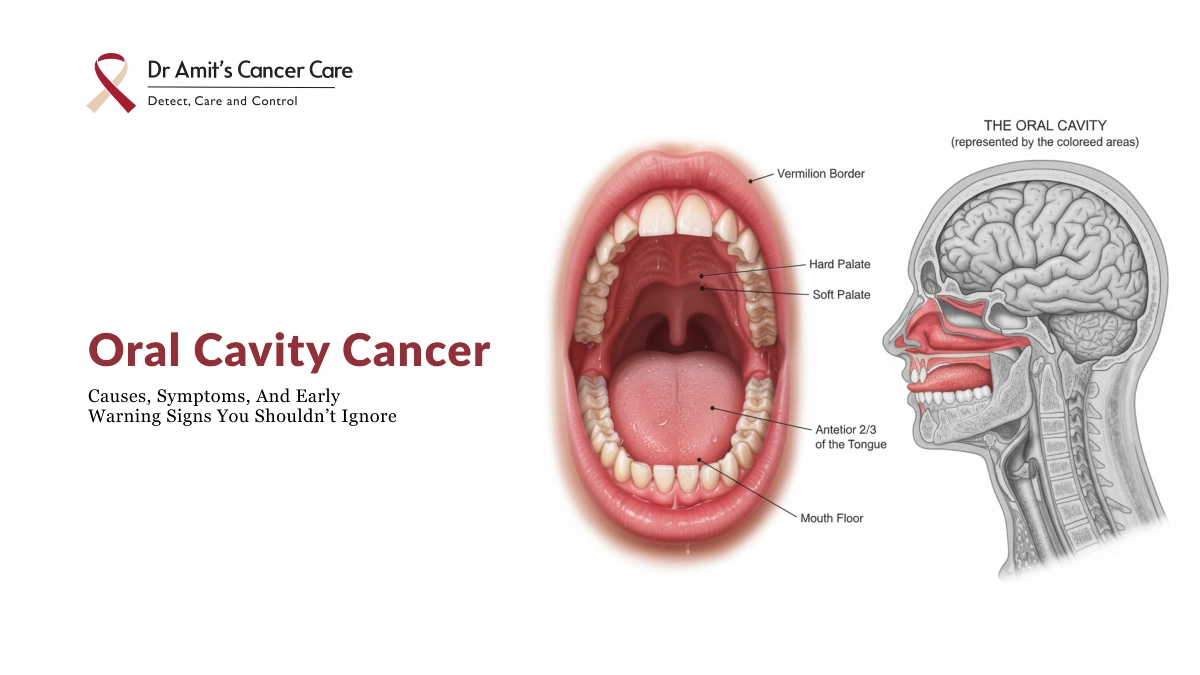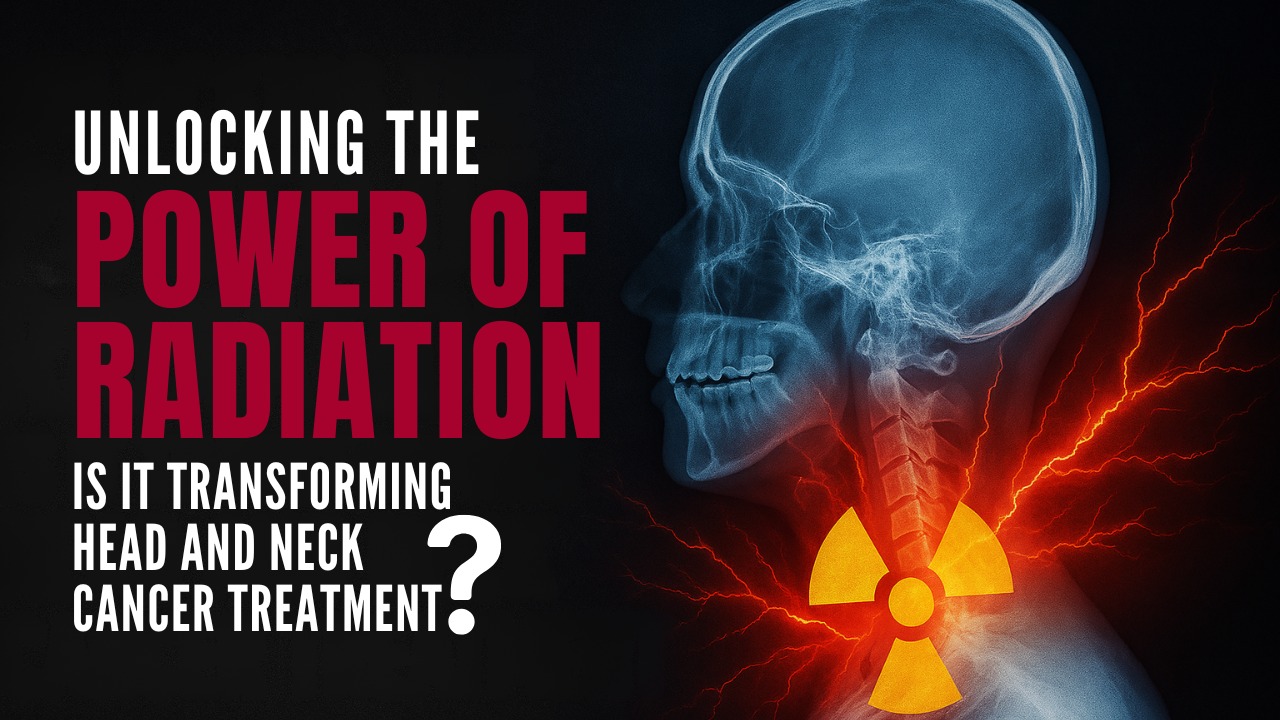Throat cancer, a growing health concern in India, is witnessing an alarming increase and requires immediate attention. As the country grapples with this escalating crisis, it’s essential to shed light on the disease, its causes, and potential preventive measures. With years of experience as an oncologist, I firmly believe that understanding the disease marks the first step towards prevention. Therefore, my aim is to provide a comprehensive overview of throat cancer and offers actionable steps to ensure better health choices.
Decoding Throat Cancer
Throat cancer refers to the malignant tumours that develop in your throat (pharynx), voice box (larynx), or tonsils. It falls under a larger group of cancers known as head and neck cancers, which can affect various parts of the oral cavity and respiratory tract. The two primary types of throat cancer are pharyngeal and laryngeal cancer.
Pharyngeal cancer forms in the pharynx, the hollow tube that runs from behind your nose to your neck. Laryngeal cancer, on the other hand, originates in the larynx or voice box. Both types can impact critical functions like breathing, swallowing, and speaking.
Risk Factors and Prevalence in India
Tobacco use, including smoking and chewing tobacco, is the most significant risk factor for throat cancer, followed closely by excessive alcohol consumption. Other risk factors include poor nutrition, exposure to asbestos, and infection with certain types of Human Papillomavirus (HPV).
India’s incidence of throat cancer is among the highest globally, mainly due to the widespread consumption of tobacco and alcohol. Throat cancer is particularly prevalent among males over the age of 40.
Lifestyle Alterations: The Key to Prevention
Preventing throat cancer is achievable through lifestyle modifications. Smoking and excessive alcohol consumption significantly increase the risk of developing throat cancer. If you smoke, quitting is the best decision you can make for your health. The benefits begin immediately after you stop.
Similarly, limiting alcohol intake can drastically reduce the risk. It’s recommended that men should have no more than two drinks per day, and women should have no more than one.
Diet also plays a pivotal role in throat cancer prevention. A balanced diet rich in fruits, vegetables, whole grains, and lean proteins can protect against throat cancer. Incorporate foods rich in antioxidants like berries, nuts, and green leafy vegetables into your diet as they help neutralize harmful free radicals in the body, thereby reducing the risk of cancer.
Actionable Steps:
Quit Smoking: Seek professional help or join a quit-smoking program.
Limit Alcohol Intake: Try to limit your alcohol consumption to moderate levels.
Adopt a Healthy Diet: Include more fruits, vegetables, and whole grains in your daily meals.
Early Screening and Detection: A Lifesaver
Detecting throat cancer at an early stage significantly improves the prognosis and treatment outcomes. Symptoms may include a persistent cough, changes in voice, difficulty swallowing, ear pain, or unexplained weight loss. If any of these symptoms persist for more than two weeks, consult an oncologist immediately.
Regular medical check-ups and screenings are essential, especially for those at high risk. An oncologist can perform several tests, including a physical examination, laryngoscopy, or biopsy, to detect throat cancer. Early detection leads to more effective treatment and better survival rates.
Actionable Steps:
Be Aware of the Symptoms: Familiarize yourself with the symptoms of throat cancer and seek medical advice if you notice anything unusual.
Regular Medical Check-ups: Schedule regular medical check-ups, especially if you are at high risk.
HPV and Throat Cancer: An Unseen Connection
The link between HPV and throat cancer is well-established. HPV is a sexually transmitted infection, and certain strains, particularly HPV 16, are known to cause throat cancer. This form of throat cancer, called oropharyngeal cancer, is becoming increasingly common, especially in developed countries.
Fortunately, the HPV vaccine is a potent tool in preventing HPV-related cancers. It’s recommended for both boys and girls and is most effective when administered at ages 11 or 12. For those who haven’t received the vaccine during adolescence, catch-up vaccines are available.
Actionable Steps:
HPV Vaccination: Ensure that you and your family members are vaccinated against HPV.
Practice Safe Sex: Follow safe sexual practices to reduce the risk of HPV infection.
Healthy Habits for Throat Cancer Prevention
Maintaining overall health can significantly reduce your risk of developing throat cancer. Regular exercise, proper hydration, and stress management are essential components of a healthy lifestyle. Physical activity helps maintain a healthy weight and boosts the immune system, both of which can lower your risk of cancer.
Good oral hygiene is another critical factor in preventing throat cancer. Brushing twice a day, flossing daily, and regular dental check-ups can help keep your mouth healthy and free from harmful bacteria that could contribute to cancer.
Actionable Steps:
Regular Exercise: Incorporate physical activity into your daily routine.
Stay Hydrated: Ensure you drink enough water throughout the day.
Manage Stress: Engage in stress-relieving activities like yoga or meditation.
Maintain Oral Hygiene: Brush and floss regularly and schedule regular dental check-ups.
In Conclusion, Preventing throat cancer involves understanding the disease, acknowledging the risk factors, and adopting a healthier lifestyle. Early detection through regular screenings significantly improves treatment outcomes. Remember, you’re not alone on this journey. Reach out to an oncologist for guidance and support. Together, we can make strides in the fight against throat cancer.






